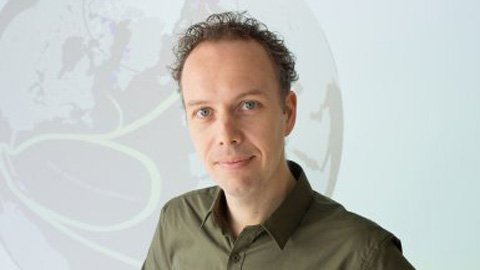World expert Erik Van Sebille to talk on plastic contamination of oceans

30/09/2019
Leading world expert in the problems caused by plastic, Erik van Sebille will offer a conference at 12 noon at the ICTA-UAB building, entitled "Where's all the plastic in our oceans? Simulating ocean transport to identify sources, fate and risks of marine waste” and focuses on the need to understand how this debris moves around the ocean before being able to elaborate plans and strategies to help mitigate this global problem.
Most of our understanding about the movement of plastic debris in the ocean comes from observations of drifting buoys or numerical simulations of passive virtual particles in general ocean circulation models. However, neither of those represent the fragmentation, sinking, beaching and other processes that affect the movement of real plastic items in the ocean.
In order to fully simulate the sources, fate and risks of marine litter, it will be essential to simulate virtual particles that ‘behave’ like plastic. Such simulations are now being built, but the simulations will be most useful with sufficient observational data to constrain parameterisations for fragmentation, sinking and beaching.
Erik Van Sebille, from the University of Utrecht, will show the latest global simulations of dispersion and accumulation of plastic through the oceans and how they are constrained to data. Focusing on regional examples in the North Pacific gyre, the Arctic and the Southern Ocean, he will show how the resulting maps of plastic distribution can be used to identify hotspots of risk to marine life.
Erik van Sebille researches time scales and pathways of the global ocean circulation. His research focuses on how currents and eddies in the ocean transport heat, nutrients, marine organisms and plastics between different regions of the ocean. He currently holds a European Research Council Starting Grant to study the movement of plastic in the global ocean. He has testified before the UK parliament on the banning on micro-beads, is a member of a UN panel on the impacts of plastic pollution, and has advised the European Commission, the G7 and the Japanese government on the scope of the problem.